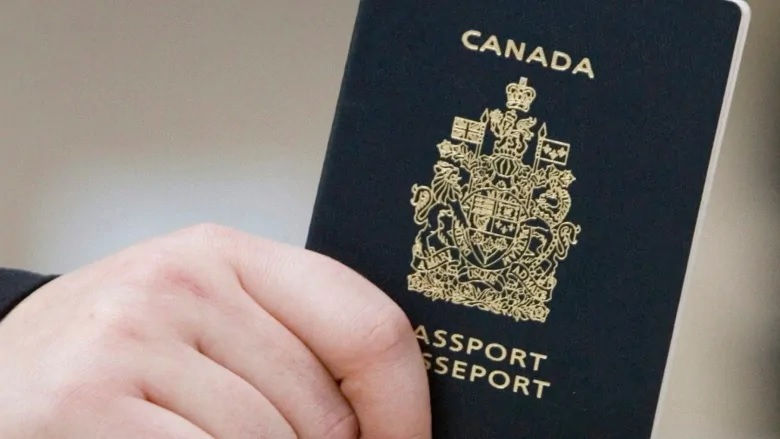It was a short letter from Elections Canada — but for Gillian Frank, getting it felt like "an old wound had finally started to heal."
"I was overjoyed," said Frank, a Canadian living in the United States who received the letter earlier this month confirming his right to cast a ballot in the upcoming federal election.
For seven years, Frank and other Canadians living abroad fought for the right to vote in general elections and national referendums.
In December 2018, the Trudeau government passed Bill 76 — just a month before the Supreme Court of Canada shot down the 1993 law that prohibited Canadians who had lived outside Canada for more than five years from voting in Canadian elections, calling it a violation of the Charter of Rights and Freedoms.
Frank and fellow ex-pat Jamie Duong filed that charter challenge after being denied ballots in 2011. Bill 76 restored voting rights to all Canadians living abroad; the Supreme Court ruling prevents future governments from restoring the ban.
Number of international voters could triple
Since January, Elections Canada has been mailing out letters to Canadians abroad reminding them that they're back on the international electors list.
"It felt like a moment of closure, a moment of real victory," Frank said.
Elections Canada expects to see a surge in the number of mail-in or 'special' ballots. It estimates the number of Canadians voting from abroad could almost triple — from 11,000 voters in 2015 to 30,000 in 2019.
To cope with the demand, Elections Canada issued a tender in March for a new system to automate the way ballots are distributed.
"We are reducing the number of processes carried out by hand related to special ballots," Elections Canada spokesperson Natasha Gauthier said in an email. "In automating these processes, we will reduce the number of staff required to handle the volume of ballots we receive.
"These optimizations will not include automated counting of ballots — all ballots will still be marked and counted by hand."
'We're all Canadian citizens'
Duong said Canadians should not fret about the prospect of votes by Canadians living in the U.S. or Hong Kong swinging individual ridings. If it happens, it happens, he said.
"You can say that about any group. What if votes of people 65 and over change the outcome? What if votes [from voters aged] 18 to 25 change the outcome?" Duoug said.
"We're all Canadian citizens. We all have a right to vote. So, yes our votes should matter. And they should possibly change the outcome of the elections."
Former chief electoral officer Jean-Pierre Kingsley argues we'll never know for sure whether the re-appearance of ex-pat voting in 2019 had any real effect on the outcome, since voting is secret. And while "it just takes one vote to swing a riding," he said, the ex-pat vote likely isn't going to have that kind of influence because Canadians abroad have to jump through a lot of hoops before casting ballots.
International voters, he said, have to register themselves on the international voter list, find which ridings they belong to, figure out who's running, fill out their ballots correctly and then mail them in on time. They also have to pay the international postage themselves.
"These are all difficulties we do not have to overcome when we're voting from Canada," Kingsley said.

